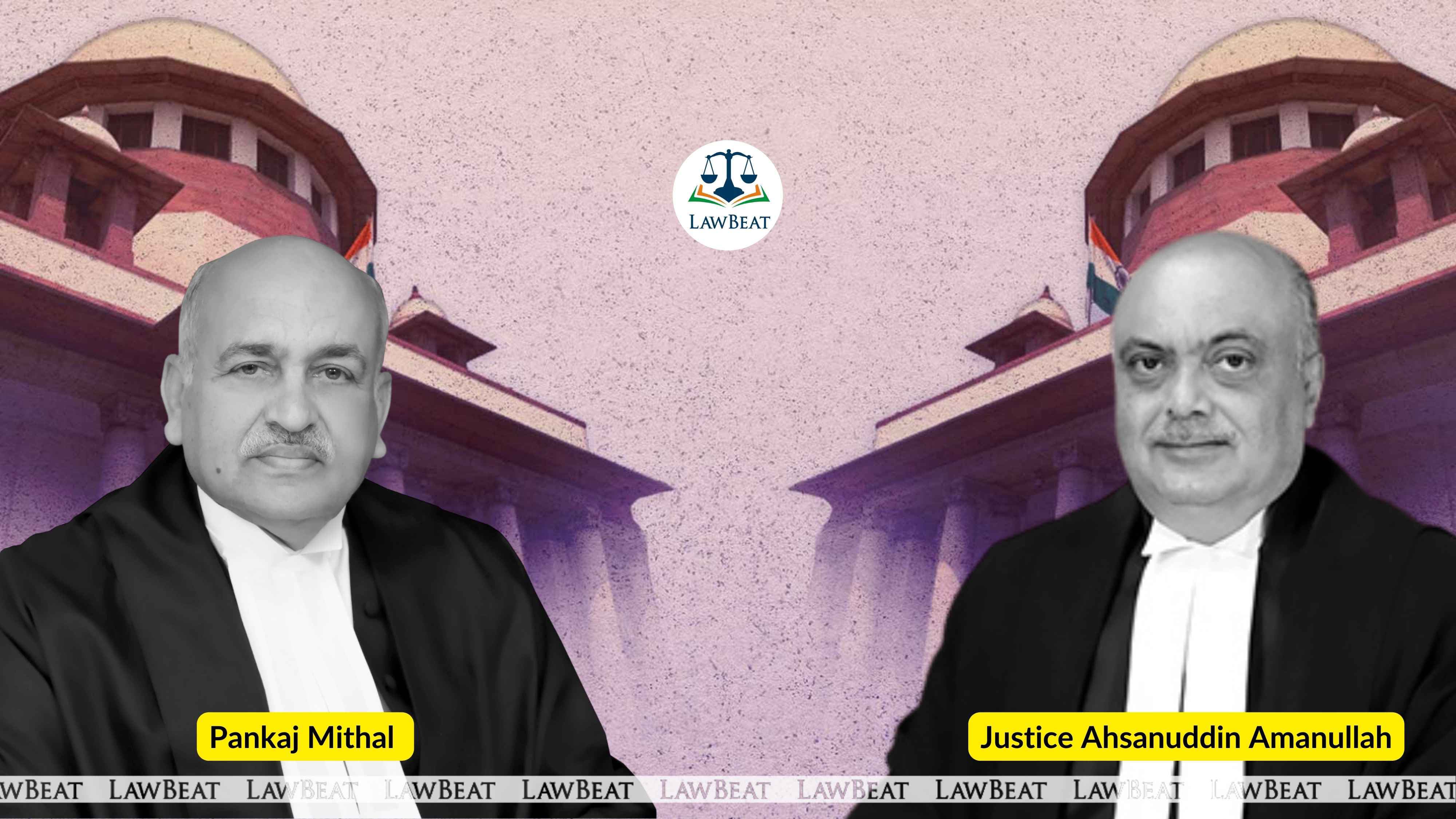'Bigamy Essentially a Personal Offence': SC Closes Case Due to Absence of Complaint

In exercise of powers under Article 142 of the Constitution, the apex court closed the matter by upholding the conviction order but by modifying the sentence of imprisonment to that of already undergone
The Supreme Court has said the offence of second marriage is essentially one in personam, which may be affecting the society at large, but a criminal case can be closed if none of the affected parties raised any objection.
The court emphasised that a man cannot enter matrimonial alliance during the subsistence of his first marriage under the Hindu Marriage Act.
A bench of Justices Pankaj Mithal and Ahsanuddin Amanullah was dealing with an appeal filed by one A Vijay alias Vijay Kumar.
The appellant was convicted for an offence under Sections 417 and 376 of the Indian Penal Code. He was sentenced to undergo rigorous imprisonment for a period of one year and a fine of Rs 2,000 for the offence under Section 417 of IPC and for a period of 12 years and a fine of Rs 5,000 for the offence under Section 376 of IPC.
The appeal against the conviction and sentence was dismissed by the high court.
During the pendency of the appeal, the appellant and the complainant jointly filed an application supported by an affidavit and annexing a Compromise Deed of July 29, 2022 wherein it was stated that both of them had married and out of the said wedlock a daughter was born and they were living together happily.
In such a situation, the complainant did not want to press her complaint for the prosecution or conviction of the appellant.
Tamil Nadu government counsel, upon instructions, submitted that the appellant and the complainant had indeed married. They were living happily and they had no grievance against each other in connection to their marriage or the offence committed.
In its decision, the bench pointed out, it was pertinent to note that, the appellant was already married at the time of commission of the offence.
"Therefore, under the Hindu Marriage Act, 1956, he could not have entered into a second marriage during the subsistence of the first marriage but there appears to be no complaint in this regard by his first wife. The offence of second marriage is essentially one in personam, may be affecting the society at large," the court said.
But here, the court noted, none of the parties to the marriage hadd any issue in the subject rather were stated to be living happily.
"We consider it appropriate to close the matter, more particularly, when it is not clear as to whether they have married according to the Hindu rituals or otherwise, as the wife is a Christian by religion, as stated in the Compromise Deed. Therefore, in the facts and circumstances, more particularly when the parties are menial workers who work as Dhobi and labourer respectively as also there being a child born to them, it is considered appropriate to give quietus to the matter," the bench said.
The court allowed the appeal after hearing advocate G S Mani for the appellant and advocate D Kumanan for the state.
"Accordingly, in exercise of powers under Article 142 of the Constitution of India, we close the matter by upholding the conviction order but by modifying the sentence of imprisonment to that of already undergone," the bench said.
Case Title: A Vijay @ Vijay Kumar Vs State
